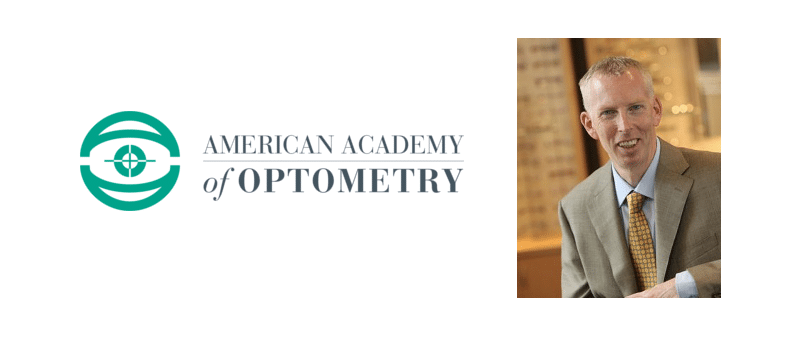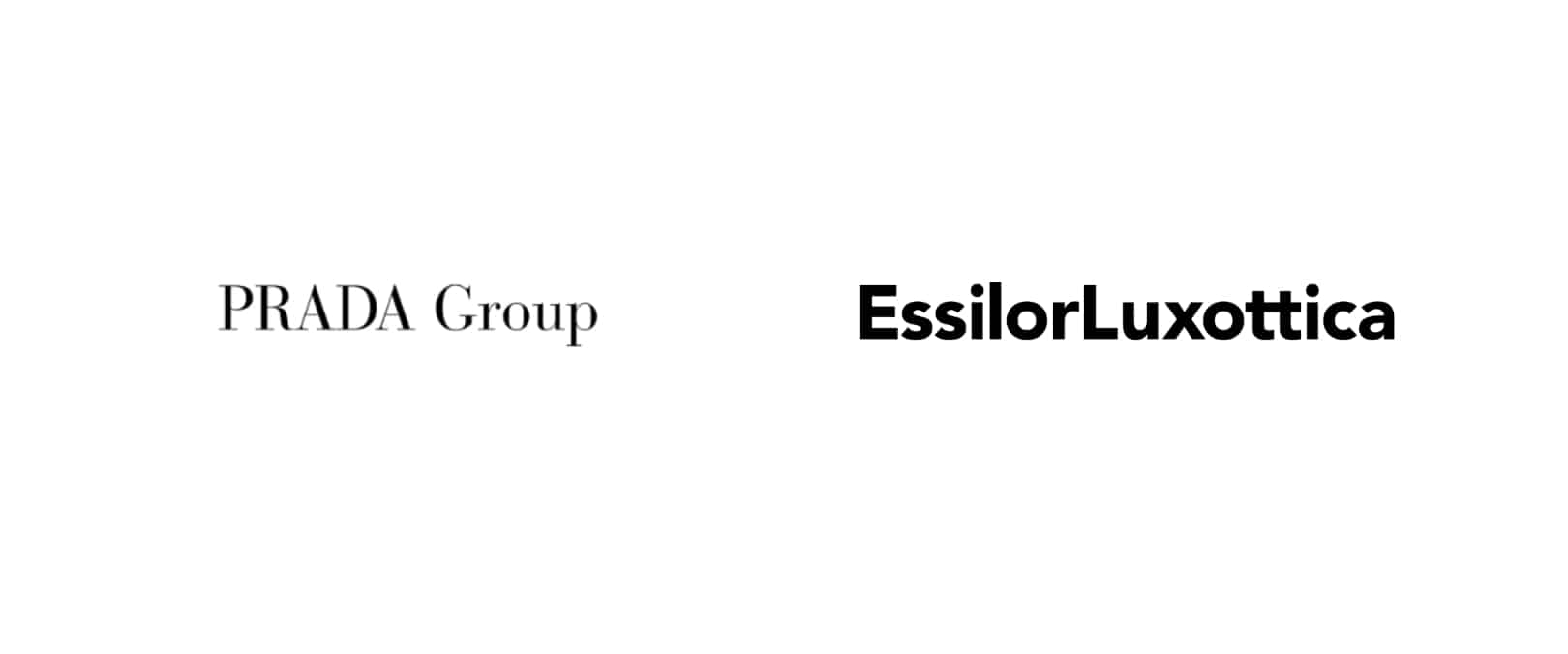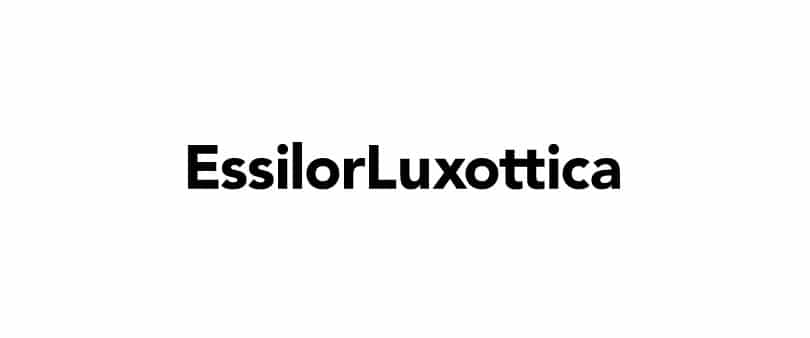A Personal Perspective on Academy Fellowship
Friday, June 23 2017 | 00 h 00 min | Optik Magazine
An Interview with AAO Fellow Derek MacDonald.
As part of Optik’s exploration of the American Academy of Optometry we connected with Dr. Derek MacDonald of Waterloo, Ontario. Dr. MacDonald shares his views on Fellowship and the Academy’s annual meeting, which is upcoming October 11-14th in Chicago.
Optik: When and why did you start on your path to Fellowship?
Dr. MacDonald: I originally applied as a candidate for Fellowship in the mid-90s, but shortly thereafter became involved with the Ontario Association of Optometrists, followed by a stint with the College of Optometrists of Ontario. That put a kink in my timeline as a candidate, and I didn’t seriously resume the process until early 2012.
It was quite a chore to write the required case reports as golf season was beginning, but I managed to meet the spring deadline for submission, had the reports approved, and sat for my interview and received my Fellowship at the Academy meeting in Phoenix in late 2012.
As for why I did it… that’s a good question. My wife Karen was awarded her Fellowship shortly after graduation, and found the process to be very rewarding. My experience mirrored hers: pursuing Fellowship gives you a goal to shoot for, challenges you to continue the learning process that began in optometry school, and gives you the motivation and the tools to continue learning after the goal of Fellowship is achieved.
Optik: How does Fellowship benefit you as an independent practitioner?
Dr. MacDonald: To begin with, it reinvigorated me, and after 15 years in ‘political optometry’, made me realize how much I love the clinical aspects of our profession. The Fellowship process was an incentive to continually strive to learn a little more each and every day. It’s also afforded me the privilege of getting to know a number of incredible individuals who are dedicated to making the profession better: pushing boundaries, sharing their expertise, and in doing so expanding the roles and responsibilities of practitioners around the world.
Optik: What are the few best aspects of the meeting for you personally?
Dr. MacDonald: The education is really second to none: contemporary and practical knowledge disseminated by experts in the field that you are able apply the moment you return to practice. It’s also a great environment: thousands of optometrists from around the world participating in formal lectures and workshops, and informal discussions over coffee or dinner, expanding their knowledge and skills in order to make themselves better at what they do. Academy meetings provide an opportunity to catch up with old friends and meet new ones in great venues across North America.
Optik: What would you say to practitioners as the key reasons for attending an Academy meeting?
Dr. MacDonald: It’s an environment conducive to learning, and an opportunity to bank a lot of hours of top-notch education. The meetings have something for everyone, whether you’re just starting your career or winding down; whether you’re in full-scope practice or beginning to specialize; whether you practice in Canada, the States, or elsewhere. It’s an opportunity to see new places, meet great people, and learn, and learn, and learn some more.
Optik: What the key reasons for practitioners to pursue Fellowship?
Dr. MacDonald: Having more letters after your name doesn’t automatically make you a better optometrist, but I believe that the process that leads to the ‘FAAO’ designation definitely does. Pursuing Fellowship pushed me to dive back into the literature, equipped me with knowledge that I apply each day in practice, and perhaps most importantly, fuelled the desire to make the learning process an ongoing one. It’s a challenge that is well worth embracing, and one that will pay dividends for the rest of your career
Dr. MacDonald now sits on the Academy’s International Admittance Committee. In early 2013, he was accepted as a member of the Optometric Glaucoma Society, and granted membership in the Optometric Retina Society in late 2015. He continues to lecture and write on a variety of ocular health issues.






